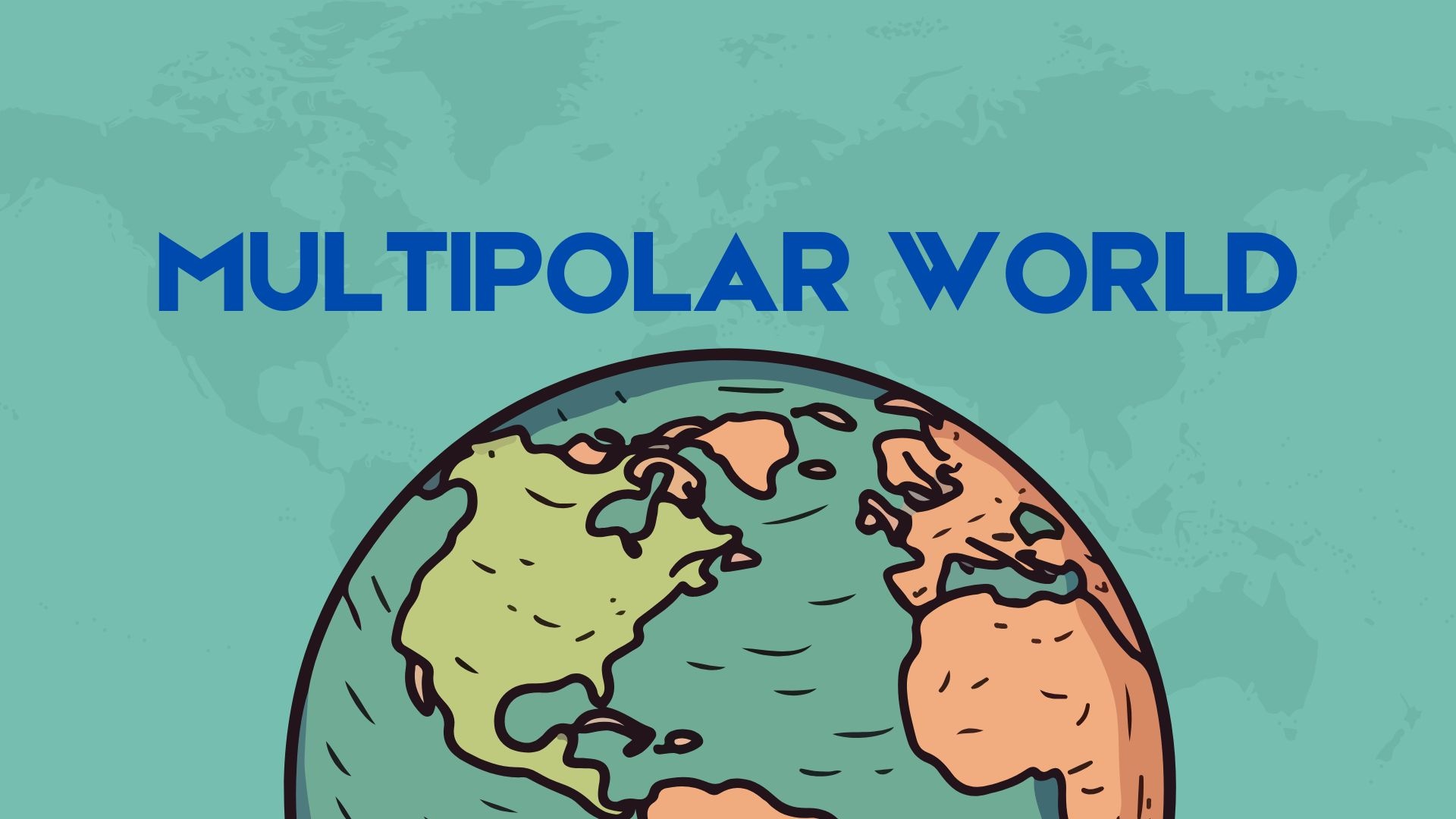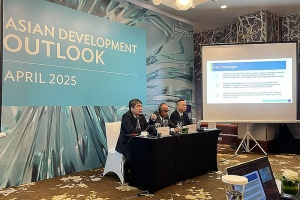New trade alliances and investment hubs are redefining global power dynamics
 |
KPMG's report, released on April 2, aims to provide a comprehensive analysis of pressing geopolitical challenges that organisations face in the near term.
While the US remains a dominant economic financial power, there is the emergence of new economic ‘nodes’ in regions like the Middle East, along with attempts to diversify capital markets away from dollar-dominated ones through BRICS (Brazil, Russia, India, China, and South Africa). Companies are also investing in alternative manufacturing or trading hubs in Southeast Asia, such as Indonesia, Malaysia, Singapore, Thailand, and Vietnam, as a potential alternative to China.
National policies may impose barriers to historic trading routes, but they also create opportunities for businesses agile enough to reconfigure their supply chains around new locations in Asia, Africa, and Latin America, and/or localise their supply chains.
Some companies may even choose to relocate to the US to get closer to the huge domestic market, avoid punishing import taxes, and take advantage of possible lower domestic taxes, which could strengthen the US’ manufacturing base and benefit the country’s upstream suppliers.
The slowing down or reordering of globalisation along geopolitical interest, rather than economic efficiency considerations, can still drive closer regional economic ties. Regional trade agreements and economic partnerships, such as the Comprehensive and Progressive Agreement for Trans-Pacific Partnership, the Regional Comprehensive Economic Partnership, and the African Continental Free Trade Area, all have the potential to boost economic growth and foster regional cooperation.
Regulations and tax are evolving at different speeds in different geographies. Minimum global tax is becoming adopted by many countries, while others are withdrawing from multilateral tax policy. Thus, global sourcing and supply chain economics are in flux, and regulatory and tax compliance has become more complex and costly. Investment in the green transition under question. Faced with a complex, fragmented regulatory and tax environment, companies should adapt by increasing capabilities to monitor and respond, and identifying upsides of the green transition.
A fast-moving and politicised technology landscape also calls for a rethink of the IT infrastructure footprint, trusted use of AI, and enhanced cybersecurity and energy efficiency. Shifting alliances (based upon national security concerns) and fragmented regulations add to complexity, while the emergence of new generative AI players challenges US dominance.
Regulators are struggling to keep pace with new GenAI solutions, and a rolling back of regulations could leave AI models out of control. Geopolitical competition in AI and other technologies (i.e. quantum computing) is creating technological blocs around the US and China, thus jeopardising international cooperation and access.
In addition, there are multiple threats to supply chains, assets, and infrastructure. Geopolitical rivalries, trade protectionism, conflict, competition for resources, cyberattacks, and climate events place severe strains on globally exposed businesses. Wars and tensions pose rising threats to key shipping choke points. Countries are adopting protectionist measures to safeguard and diversify their supply chains, including energy, food, and critical minerals.
In this context, companies should rethink supply chains and manufacturing by developing alternative sourcing strategies while creating circular supply chains to reduce dependency on raw materials. Companies should embrace efficient, green energy to reduce vulnerability to volatility in price and availability. This is coupled with protecting assets and infrastructure against climate change.
The report also highlighted the risks of ageing populations, mass retirement, falling birth rates (in developed markets), changing worker preferences, culture wars, AI integration, and reskilling bring major workforce challenges.
Against this backdrop, companies face an escalating talent shortage in mature economies, and must also adapt to changing work preferences of younger generations. At the same time, there is a rise in anti-immigration policies around the world that could complicate global mobility and talent sourcing.
There are challenges in adopting AI, exacerbated by a dearth of technology skills. In response to demographic, technological, and cultural pressures on workforces, companies should rethink the employee value proposition, integrate AI and humans, and improve mobility management.
 | AmCham Vietnam encouraged by government response to US tariffs AmCham Vietnam has been encouraged by the quick and reasoned response of the Vietnamese government to the new US tariffs. |
 | US tariffs to present substantial hurdles to Vietnam's growth While maintaining a positive outlook for Vietnam this year and the next, the most recent Asian Development Outlook highlights potential risks, which were finalised before the announcement of US tariff measures. |
 | Vietnam real estate market holds steady amid tariff uncertainty Vietnam's real estate market entered 2025 with broad-based resilience across sectors and regions, underpinned by robust consumer sentiment, solid export performance, and the country's stable political climate. |
What the stars mean:
★ Poor ★ ★ Promising ★★★ Good ★★★★ Very good ★★★★★ Exceptional
Related Contents
Latest News
More News
- KPMG launches tariff modeller in Vietnam to navigate US tariff risks (July 29, 2025 | 12:11)
- Removing hidden barriers to unlock ASEAN trade (June 29, 2025 | 11:31)
- New report charts path for Vietnam’s clinical trial growth (May 21, 2025 | 08:58)
- TTC Agris strengthens market position with investment in Bien Hoa Consumer JSC (May 19, 2025 | 10:14)
- World Bank to help SBV build shared database for banking industry (April 09, 2025 | 08:55)
- ACCA and KPMG forge path for business leaders to pioneer ESG excellence (March 07, 2025 | 10:09)
- VietBank signs MoU with KPMG (February 26, 2025 | 18:47)
- Warrick Cleine MBE: an honour for services to British trade and investment in Vietnam (December 31, 2024 | 20:16)
- KPMG report offers fresh insight into leveraging AI (December 24, 2024 | 09:23)
- The key factors shaping Vietnam's M&A market for 2025 (November 28, 2024 | 10:18)

 Tag:
Tag:




















 Mobile Version
Mobile Version